Fraudsters can pretend to be your bank in phone calls, emails, text messages and websites.
They do this to "phish" for information they can use to gain access to your accounts. These communications can appear to be real and sound official, often saying that your bank account has been “hacked” or otherwise “compromised” and directing you to provide sensitive information such as your username or password, PIN, Social Security number or credit card details.
Don’t fall for it! Be wary of every online communication and don’t click on links or provide any personal information until you’re certain the sender is your bank. If you’re not sure, call or visit your bank directly.
- Remember, your bank will NEVER ask for personal information via an email or text message.
- If you receive a suspicious communication, delete it immediately and inform your bank.
If you see:
🚩Unusual email address
🚩Odd web address
🚩Typos and poor grammar
🚩Suspicious links and attachments
🚩Urgent or fearful language
DO NOT do any of these things:
🚫Click on links
🚫Open or download attachments
🚫Reply, answer questions, or input anything into a form
🚫Provide any of your bank information such as: your bank's name, username, password, account numbers, verification codes that have been sent to you, birthdate, etc.
DO these 2 things:
- ✅Delete the message or hang up the phone✅
- ✅Contact your bank to report the incident✅
Here's why:
Recently, one of our customers was contacted on the phone by a man claiming to be from our fraud department. The man used a name that was not one of the 2 or 3 people the customer usually talks to at the bank. Because of that, the customer decided to hang up and call one of the people he usually works with and discovered the call was a phishing attempt by an imposter. Knowing his bankers saved him from becoming a victim of fraud that day.
This is one example of how one of the best ways to help avoid being a fraud victim is to stay informed and bank with people who know you. At CNB St. Louis Bank, many of our staff members have been with us for years and know customers by name. While it’s nice to be neighborly, these close relationships have another purpose that’s just as important.
Because we know you, we’re better able to identify out-of-the-ordinary transactions. When we see something unusual, we call our customer. In short, good service is about more than being good neighbors. It’s powerful fraud protection and just one more way we’re Banking. For You.
If your identity has been stolen:
Visit
www.identitytheft.gov a Federal Trade Commission website, to report the incident and create a recovery plan.
Discover More on How to Protect Your Finances:
|
|
|
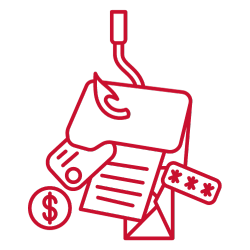.png) Phishing (You Are Here)
|
|
|
We’re here to help!
If you have any questions or concerns about fraud protection, do not hesitate to message, chat, or give us a call at
(314) 645-0666 to speak with a member of our local CNB St. Louis Bank team.

.png)
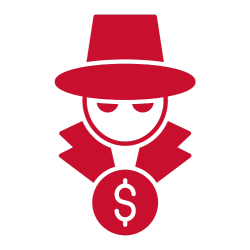.png)
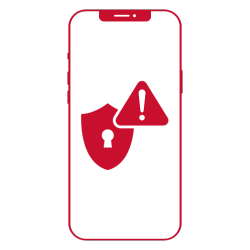.png)
.png)
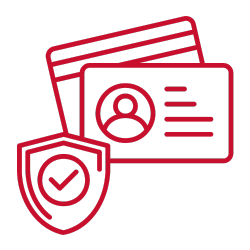.png)
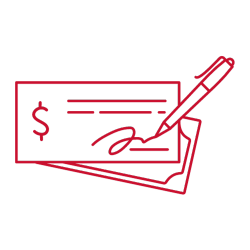.png)